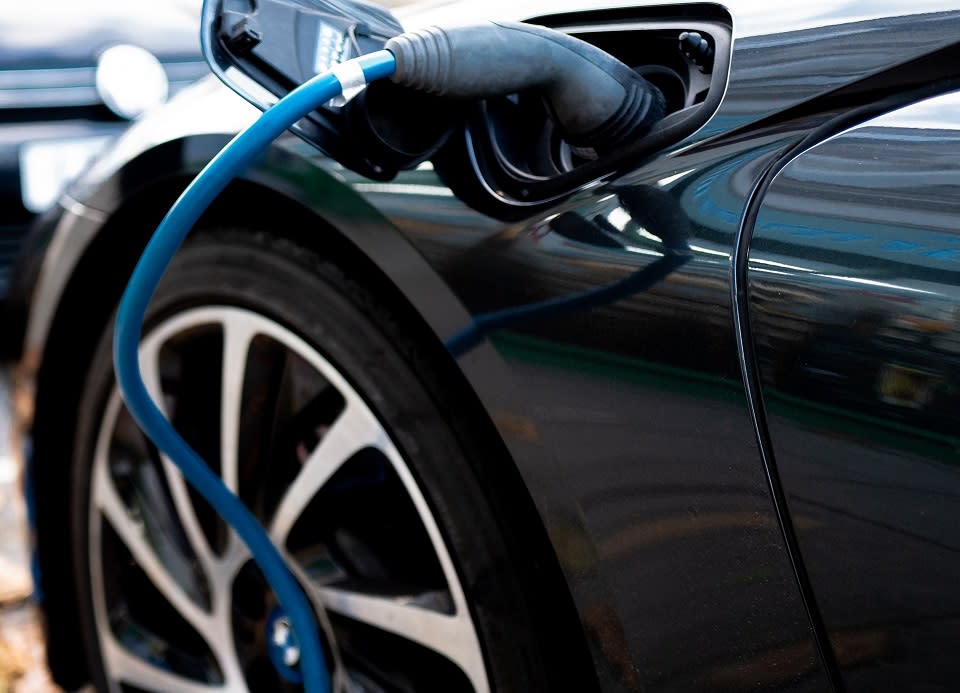Lack of charging stations among roadblocks to wider electric vehicle acceptance in Malaysia

More and more electric vehicles (EVs) are on Malaysian roads. EVs by companies such as Chinese automaker BYD, and American EV car manufacturer Tesla, are flooding the market. Even the iconic Morris Garages (MG) brand marks its return to Malaysia with two EV models.
Investment, Trade and Industry Minister Tengku Datuk Seri Zafrul Tengku Abdul Aziz, in December, was quoted as saying that Malaysia has over 100,000 registered EVs.
While the government continues to encourage foreign investors to invest in the EV market, it remains to be seen if 20 per cent of Malaysia’s annual new car sales will comprise electric vehicles by 2030.
This is largely due to the lack of EV charging points nationwide. The first step towards encouraging Malaysians to adopt EVs is to provide more charging stations in all cities, office buildings, apartments, condominiums, malls, hotels, along expressways, and even in residential areas.
Judging by the current infrastructure, EVs are best suited for city driving, as EV batteries last longer in city traffic. Most of the charging stations are in the Klang Valley. I observed this as I travelled from Petaling Jaya, Selangor, to the southern state of Melaka recently. There were no EV charging stations that I could see along the way.
EV batteries drain faster when the car is driven at high speeds. Long-distance travel in an electric car is considered hard, if not impossible, with the lack of EV charging stations on Malaysian highways. Undeniably, there are charging stations at certain locations along the main expressways. However, more EV charging stations ought to be placed at more locations along the highways to assure users that they can charge up their cars anywhere, anytime.
It must be noted that breaking a journey to charge an EV battery is considered time-consuming and a hassle when one is in a hurry. This is a major consideration when buying an EV.
Another obstacle Malaysia faces is the lack of awareness of where EV batteries should be disposed of. There aren’t many EV battery recycling facilities in Malaysia. The lack of EV battery recycling facilities must be addressed because improper disposal and recycling of EV batteries will have a negative impact on the environment.
The price tag of EVs should also be looked into, as the cheapest EV sold in Malaysia costs around RM100,000. This is beyond the reach of those from the lower income group.
Local car manufacturer, Perodua, is set to reveal its EV next year. Known for its affordable vehicles, Perodua’s latest offering will hopefully be a viable option for those who can’t afford the pricey EVs in the domestic market today.
This is also a step towards making Malaysia a more EV-friendly country, and may contribute to the surge of EV sales in Malaysia, while lowering the country’s carbon emissions.
To give the younger generation an avenue to express themselves, Twentytwo13 has a dedicated space called Young Voices. If you are a young writer (aged 17 and below) and would like your article published on our news website, send your contribution to editor@twentytwo13.my.
All articles must be accompanied by the young writer’s full name, MyKad number, contact number, and the mobile number of the young writer’s parents/guardians for verification purposes.
This is the personal opinion of the writer and does not necessarily represent the views of Twentytwo13.
The post Lack of charging stations among roadblocks to wider electric vehicle acceptance in Malaysia appeared first on Twentytwo13.


